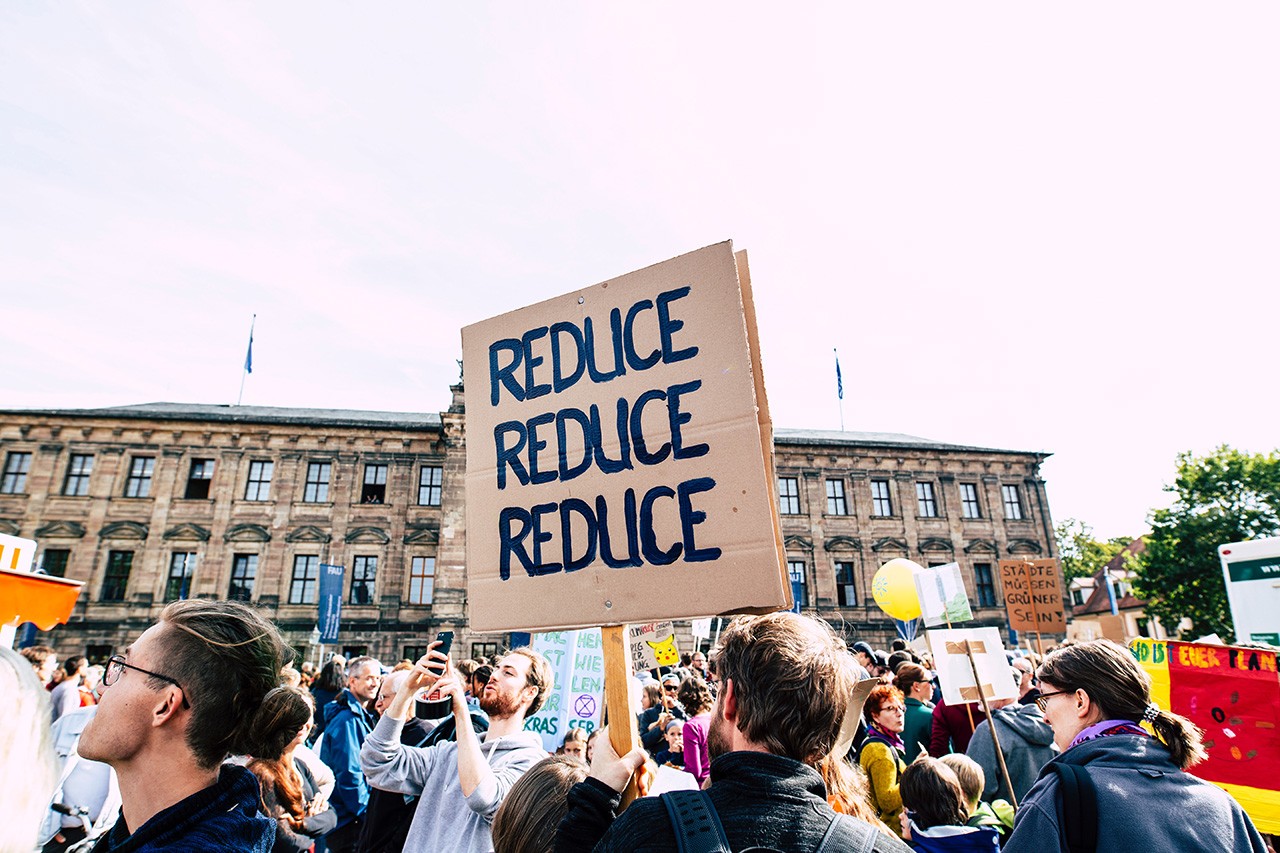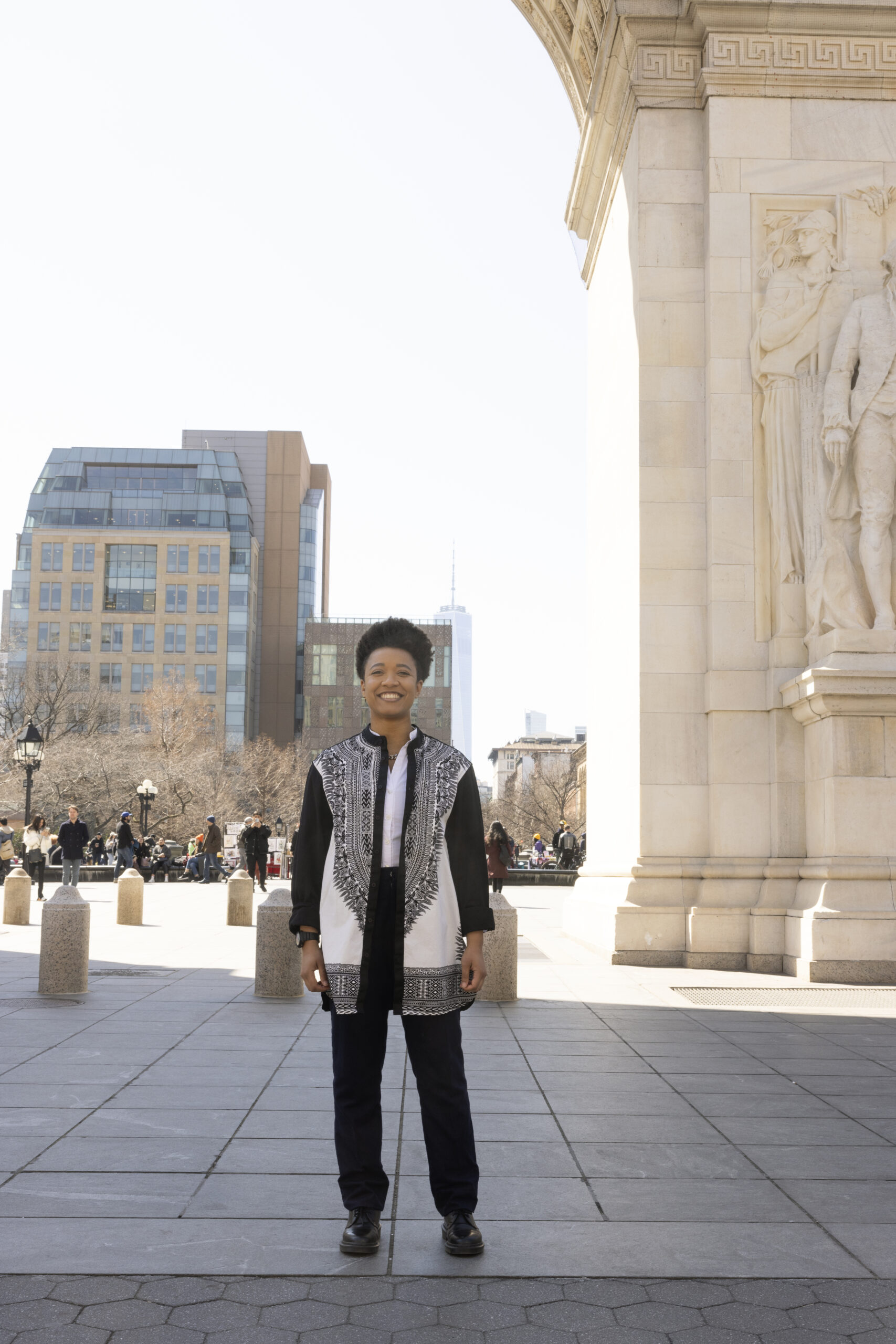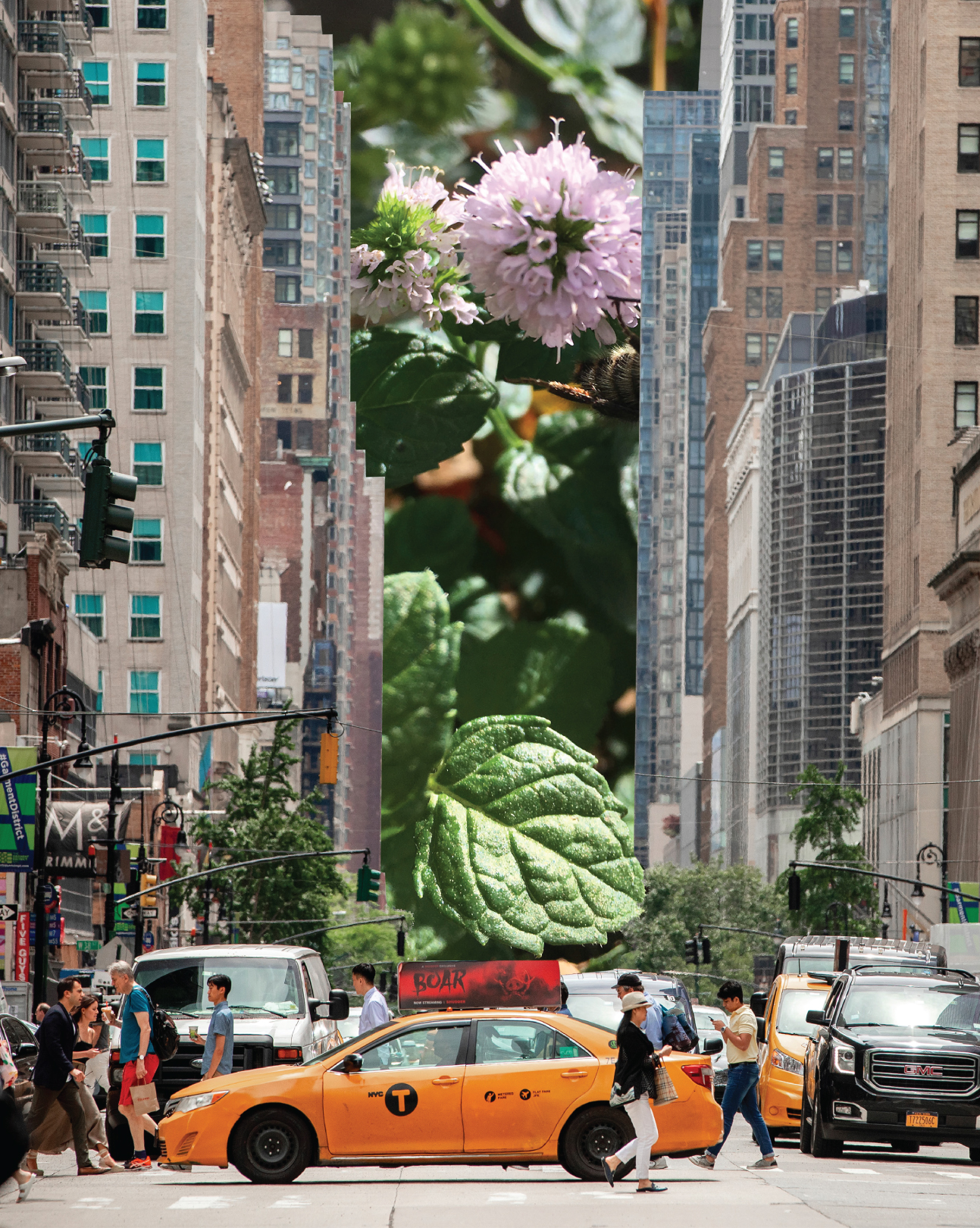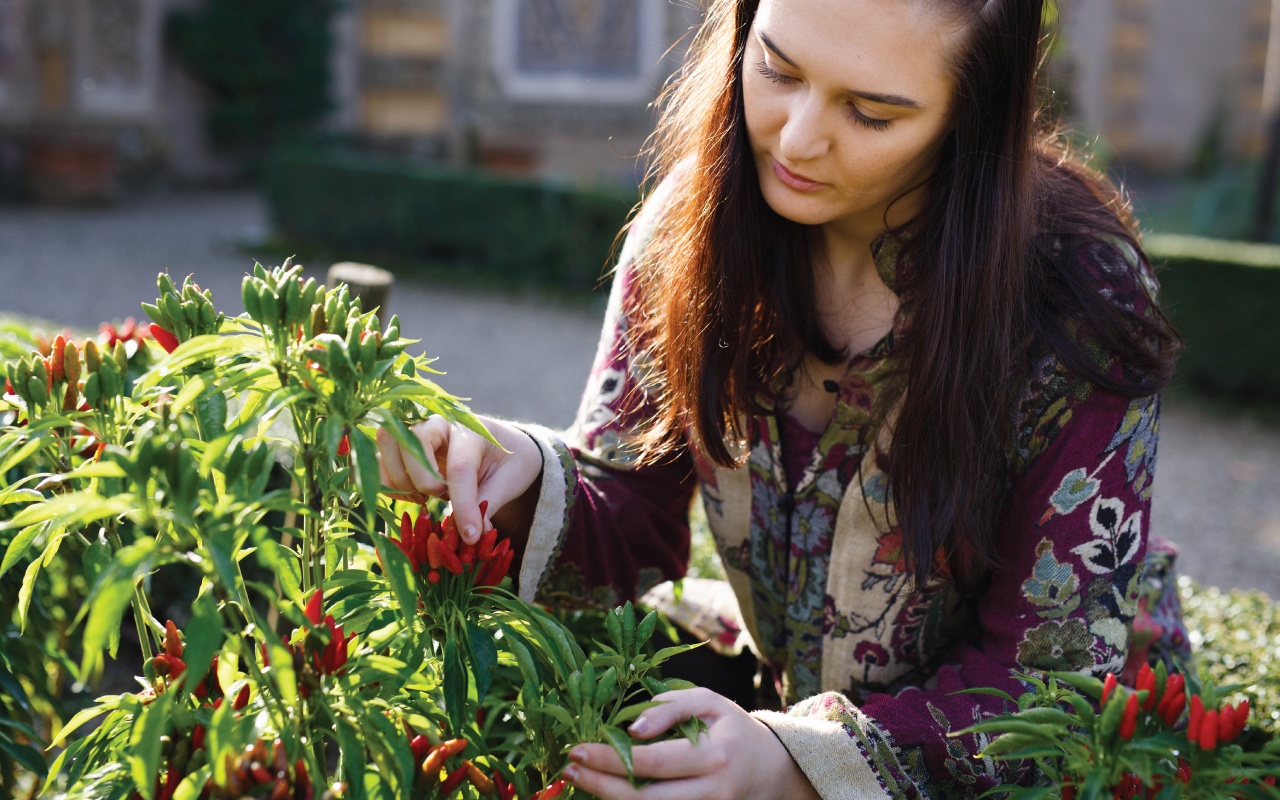Published August 04, 2020
Environmental Justice Education Reimagined by Green Grant Recipients

Climate health. Equitable land use. Global environmental disasters.
For many high school students, topics like these remain unexplored. Additionally, the ways environmental issues disproportionately impact people of color—and how activists and Indigenous communities fight back—are often ignored. Thanks in part to funding from an NYU Green Grant they received through NYU’s Office of Sustainability, recent graduates Alexia Leclercq, who uses “she” and “they” pronouns, and Kier Blake, who uses “they” pronouns, are changing environmental justice education. Through their nonprofit, Start:Empowerment, they created an environmental and food justice curriculum that helps high school students identify the environmental injustices present in their communities and brainstorm actionable ways to address them.
“Environmental justice impacts the environment we live in and, therefore, every aspect of life, from mental and physical health to the ability to live on one’s traditional lands.”
—Alexia Leclercq

A Deep-Rooted Commitment to Environmental Justice Education
The Start:Empowerment cofounders’ understanding of environmental and food justice began long before they came to NYU. Climate change was a vivid part of Alexia’s childhood. “I’ve always known about environmental issues, from my mom yelling at me for playing under acid rain to being consciously aware of the breadths of polluted air, increasing hurricanes, and heat waves every summer,” she recalls. And yet, their awareness of environmental justice education fell short. It wasn’t until college that Alexia, who recently completed a master’s degree in Education at Harvard, began to explore the ways capitalism and structural inequality contribute to the problem.
“Through creating this curriculum and working with Alexia, I discovered the various facets of justice—like environmental justice—that are linked to sustainability.”
—Kier Blake
Alexia met Kier at NYU’s Mark and Debra Leslie Entrepreneurs Lab. The Leslie eLab is an on-campus facility where aspiring entrepreneurs can connect, exchange ideas, and learn how to bring their projects to fruition. With a career in education advocacy and migration analysis that began before college—as well as their budding awareness of the intersections between climate and community—Kier was hoping to find others interested in working at the nexus between education and action. “Through creating this curriculum and working with Alexia, I discovered the various facets of justice—like environmental justice—that are linked to sustainability,” Kier says. It also caused them to rethink the community issues they experienced as a child, including fracking threats, large-scale neighborhood oil drilling, and increasing asthma rates, that they now have a name for: environmental injustice.
Recently, Kier completed their Master in Science in Environmental Policy and Sustainability Management at The New School. There, they continued to push Start:Empowerment’s educational bounds by researching decolonial, land-based environmental education and ecological restoration.

Enacting Real Change
Alexia and Kier launched Start:Empowerment’s environmental and food justice curriculum at the High School for Teaching and the Professions in the Bronx. And in just one semester, they experienced measurable change. At first, they found only 25 percent of students could provide a definition for environmental justice. After engaging with their curriculum, 85 percent of students were able to. Their initial survey showed that only 44.4 percent of students considered themselves knowledgeable in this area. After working through the curriculum’s four modules, that number jumped to 71.4 percent. “By increasing awareness of the importance of seeking justice for these individuals, we can move toward a more equitable world,” Kier says. Alexia and Kier’s curriculum has now reached over 5,000 students.
Green Grants for Green Ideas
At NYU, Green Grants support ideas that improve our community’s environmental footprint, foster environmental literacy and community engagement, and advance green research, design, and technologies. Through Green Grants, students like Alexia and Kier have access to up to $20,000 for their environmental justice education projects. In addition to the Green Grants program, students can take courses that draw connections between environmental and racial justice and join one of NYU’s numerous environmental justice clubs. “Environmental justice impacts the environment we live in and, therefore, every aspect of life, from mental and physical health to the ability to live on one’s traditional lands,” says Alexia. “For my Indigenous ancestors and my family, the environment is one with us. We must all continue to take care of this earth.”



